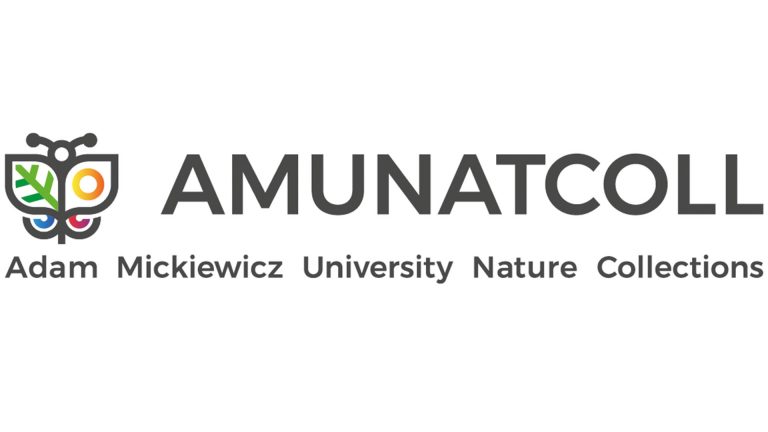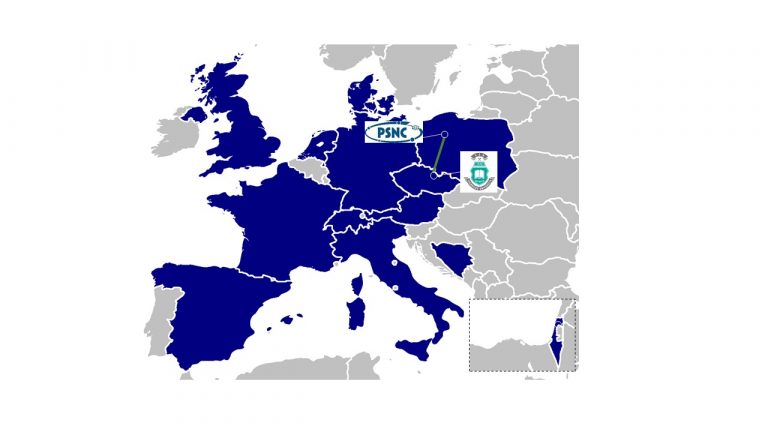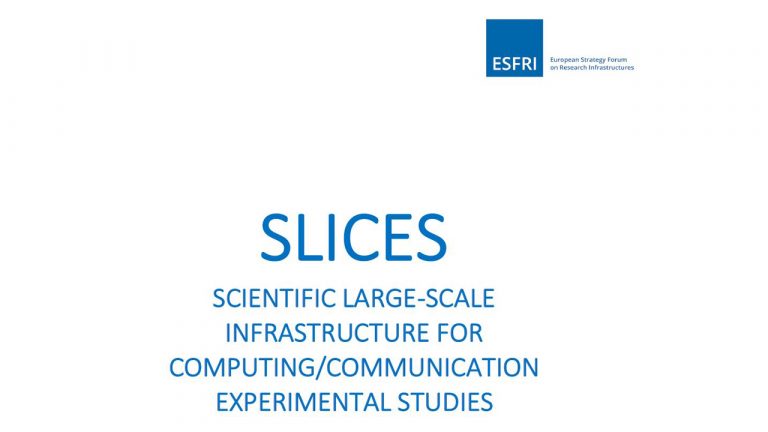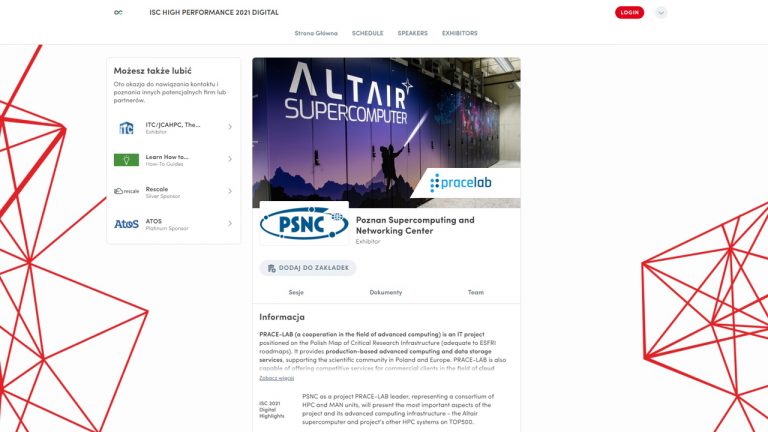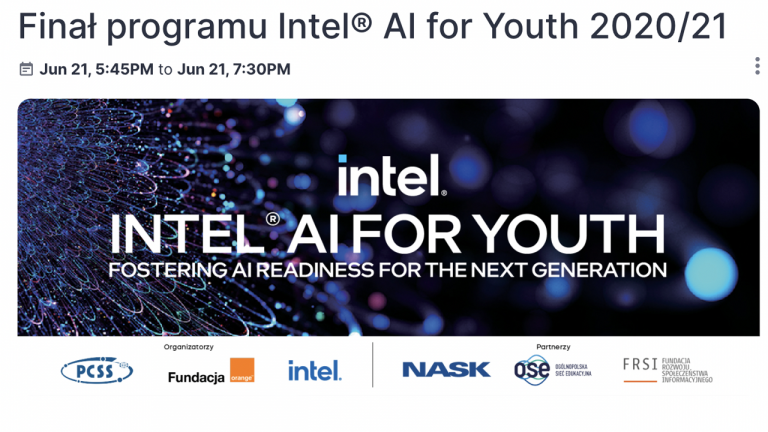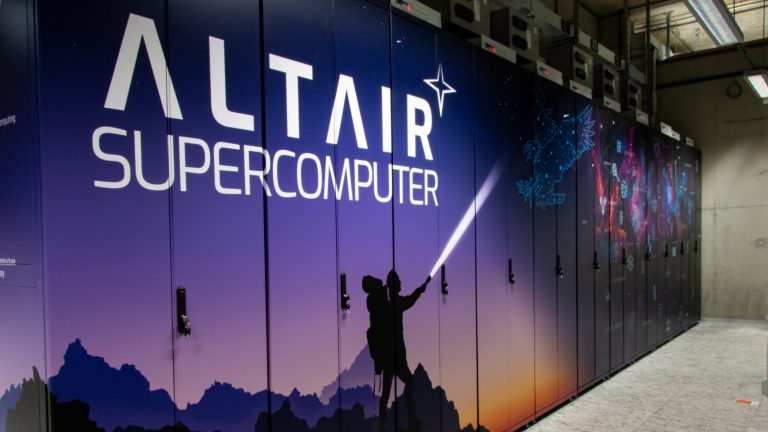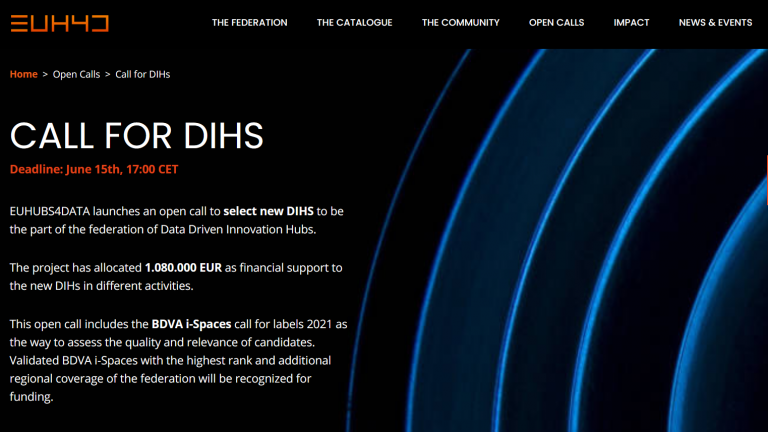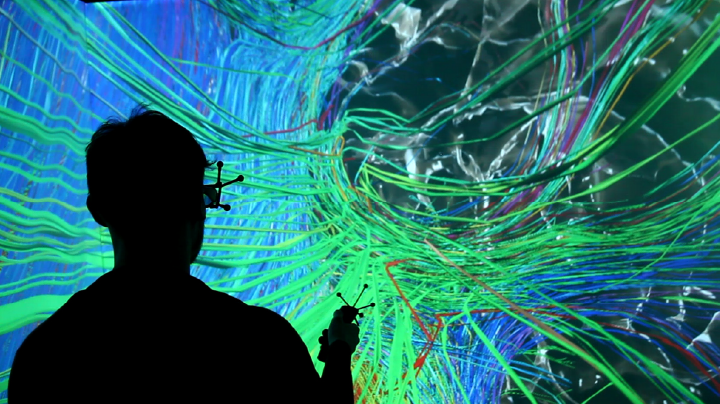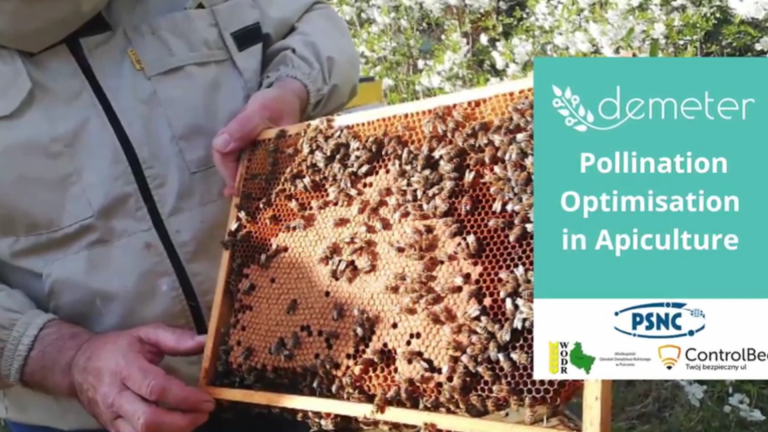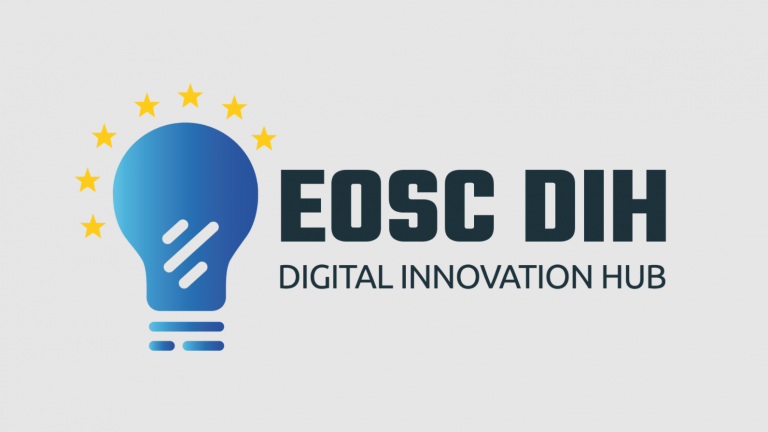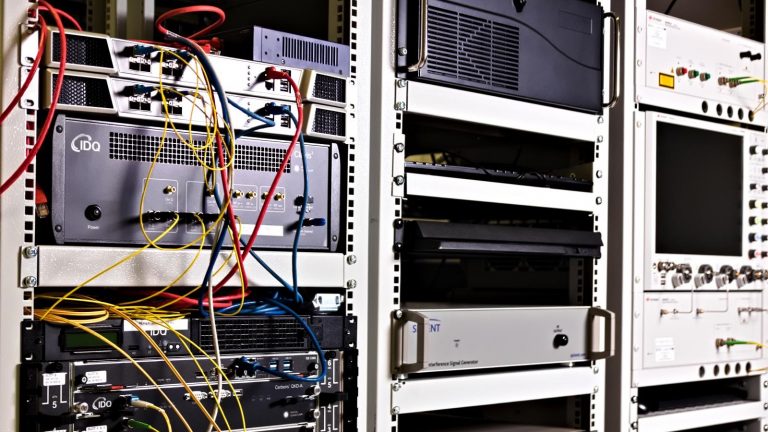Social action in the AMUNatColl project
Until September 25 a social campaign is being organized in the framework of the AMUNatColl project, carried out by the Faculty of Biology, Adam Mickiewicz University in Poznan together with PSNC. The project entitled “Non-divine ambrosia” aims to develop a map of the occurrence of allergenic plants of the ambrosia genus in Poznan and to prepare a report on the allergological risk.
Read more